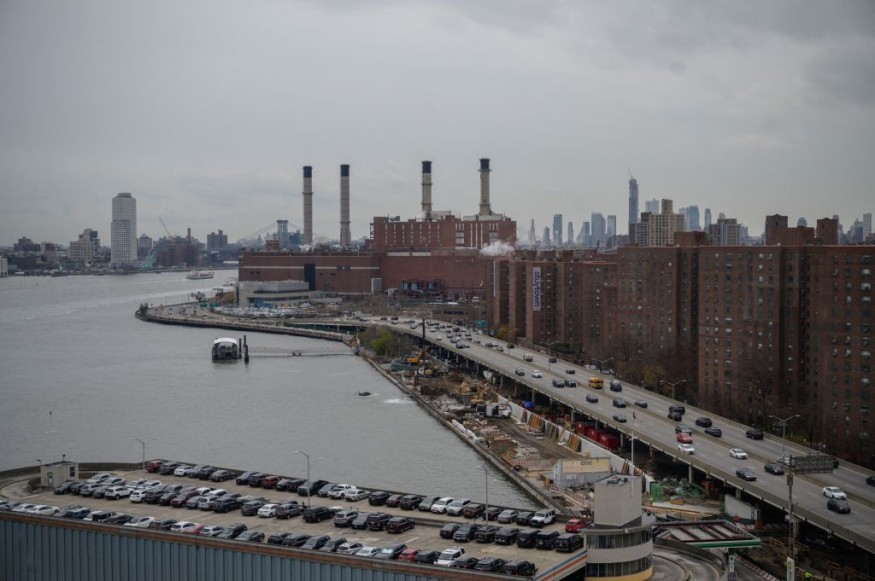Even if global warming is kept below 1.5 degrees Celsius this century, billions of people will be affected on every continent and in every industry.
The window of chance to adapt is rapidly closing. These are just a few of the alarming findings of the Intergovernmental Panel on Climate Change's (IPCC) newest report.

Warming Levels
According to the latest research, at 1.5°C over pre-industrial levels, children under the age of 12 would see a fourfold increase in natural catastrophes during their lifetime, and up to 14% of all species studied will face a very high danger of extinction. This is our most optimistic scenario.
These effects will not be uniformly distributed, with Africa, Asia, and low-lying island nations expected to be the most impacted. Despite this, these countries are among the least adaptable.
Large-Scale Study

Three IPCC vice-chairs guided the hundreds of scientists who prepared this report worldwide. This study, the second in a series of three, provides the most up-to-date synthesis of what we know about climate change's implications and how to adapt to them.
The last analysis, issued in the previous year, revealed that human activity had caused Earth to warm by 1.09°C since pre-industrial times.
Adaptation, such as via sustainable building design, can assist humanity in managing the rising hazards. However, adaptation alone will not be enough; we will need to combine it with a severe and immediate decrease in global greenhouse emissions to avoid the catastrophic consequences of unabated planetary warming.
As the United Nations and World Meteorological Organization's top climate scientific body, the IPCC is the world's leading authority on climate change.
From the poles to the Equator and from the summits of mountains to the ocean floor, our new research portrays a troubling picture of climate consequences already harming the lives of billions of people, our businesses, and the ecosystem.
Global warming of 1.09°C has already had far-reaching consequences. We've seen massive flames rage over Australia, Chile, the United States, and Greece in recent years. Back-to-back worldwide, mass coral bleaching episodes have occurred. And, in places like British Columbia, Canada, and Texas, the United States, we've experienced extraordinary heatwaves and cold occurrences.
Not Enough Measures
Even if we cut global emissions and accomplish the Paris Agreement goal of only momentarily surpassing 1.5°C this century, significant and probably irreversible consequences might still occur, but to a lesser extent than with larger temperature rises.
Species extinction is a concern, particularly on low-lying islands and hilly places. Greenland's, West Antarctica's, and now East Antarctica's ice sheets will continue to break down, rising global sea levels by half a meter or more by 2100.
Every degree of warming will increase losses and damages across a wide range of systems. Notably, the interaction of these multiple effects can increase risk.
Also Read : How Climate Misinformation Through Social Media Worsens the Battle Against Climate Change
For more news about similar news, don't forget to follow Nature World News!
© 2026 NatureWorldNews.com All rights reserved. Do not reproduce without permission.





